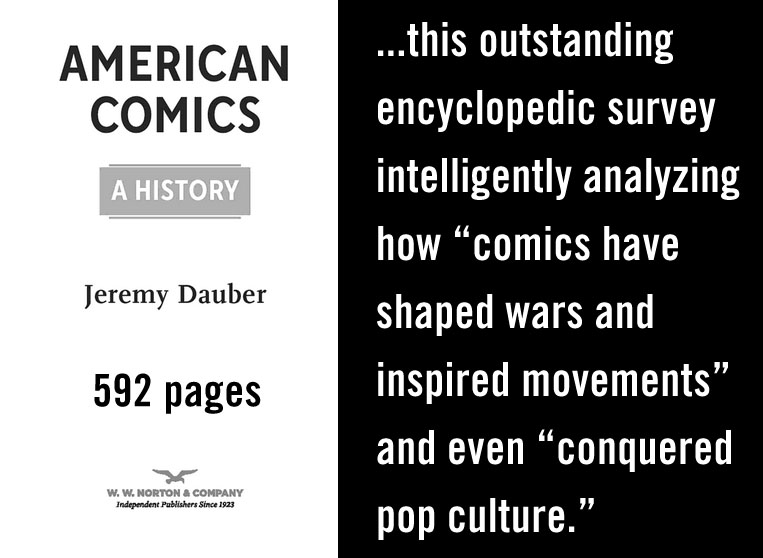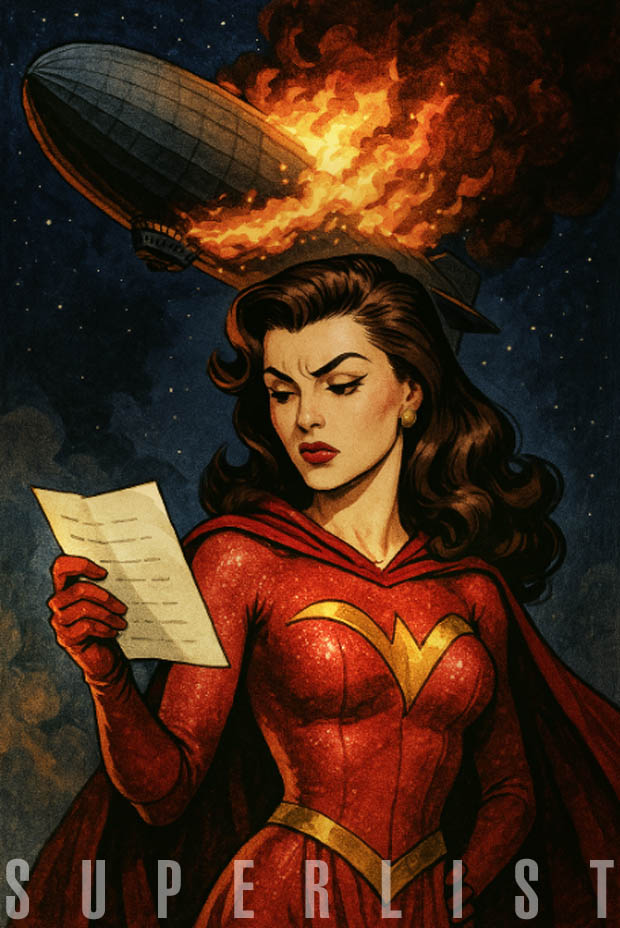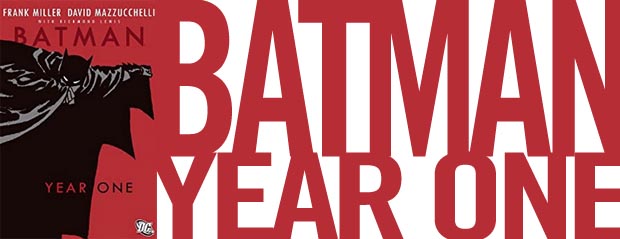Manga Vs. the USA
What's "hot" in manga, and why can't America make manga?
May 2020
A puzzling aspect of Manga publishing success in America is that there is the whole audience of fans for a kind of comic book (manga) which, no matter how it is tried by the big comic book publishers of the USA to get some of that marketshare, still is substantially a Japanese product. American publishers, artists and writers have "home-field" advantage but can't make it work for them. Maybe that will change in the near future:
While the focus has obviously been on translated manga from Japan, there’s been a small but significant push for content that originates from North America and beyond.
Publishers World
At one time, American comic book publishers (1940s, 1950s) would publish comic books in many areas of interest, showing a kind of marketing and business model based on if they thought someone would fork over a dime (or 15¢) for a copy it constituted an audience to go after. In that era, though, knowing a niche audience existed was much harder as communication of fads primarily emanated out from Hollywood, radio, magazines and the (then) burgeoning world of TV. Getting a book out to take advantage of a fad meant making sure the fad would still be there by the time a lengthy production schedule could get a book onto newstands where people could see the covers, make the connection to the fad, and a sale could be made. Today fads are evident within days (or even hours) by perusing social media. Likewise, the longevity and depth of fads (which sometimes upgrade to full-bore phenomenons) can be measured by the same means.
There are significant differences today to the old world of comic book publishing, both advantages and disadvantages for today's comic book makers. The main disadvantage is that superhero fans are an armed camp protecting comic book stores, and from this one particular genre reigns over product lines (there are pros to this of course, its not entirely negative. Without superhero fans the comic book industry would today be nothing more than a division of childrens's publishing at the big NYC book companies).
To carry this further, a disadvantage that is simply unavoidable in a drive for varied genres in comics books (and thus larger sustainable audiences) is ironically due to the one area of success it has had: superheroes. The linkage that comic book equals superheroes in part of the public sphere is partially because only a subset of Americans visit actual book stores where there is the only tangible expression of diversity in comic books, that is, graphic novels. It seems that outside of that world of bookstores and its audience of the literate, the linkage that comic book equals superheroes has only gotten stronger and stronger as superhero movies have grown in popularity. A corollary to this is that newsprint, where the varied genre world of newspaper comic strips, is continuing in its death spiral (though, in some ways, the language of newspaper strips is morphed into the world of "memes" on the world wide web).
But looked at in isolation based upon the concerns of the comic book industry itself, funneled through the monopoly of Steve Geppi's Diamond Distributors, it is almost as if the only genre left standing, able to produce a large enough cash flow to pay a large group of artists and writers to make another months edition of whatever serial property they are working on, is the superhero comics.
Anyone inside a book store (or watching TV) knows that there are dozens of main genres of interest to the American entertainment audience, and there are hundreds and hundreds of sub-genres. The comic book art form is able to accommodate anything that has a visual quality to it, and is actually ideal for any genre where the physical description of objects is important (in superhero books it is depicting the human body and physical violence).
Manga in Japan has an audience that will buy all kinds of books that are immersed into non-superhero worlds (corporate romance, sports, etc), why isn't that also true in the United States? Is there a stigma on superhero comics that influences the acceptability of anything that looks like a comic book at all? There's a lot of questions bound up in the question of why Japanese manga, in translation, is able to succeed so well in the United States, and any American equivalent isn't able to get anywhere near that same success.
Original springboard for this at trade publication Publishers World
Original Page May 2020
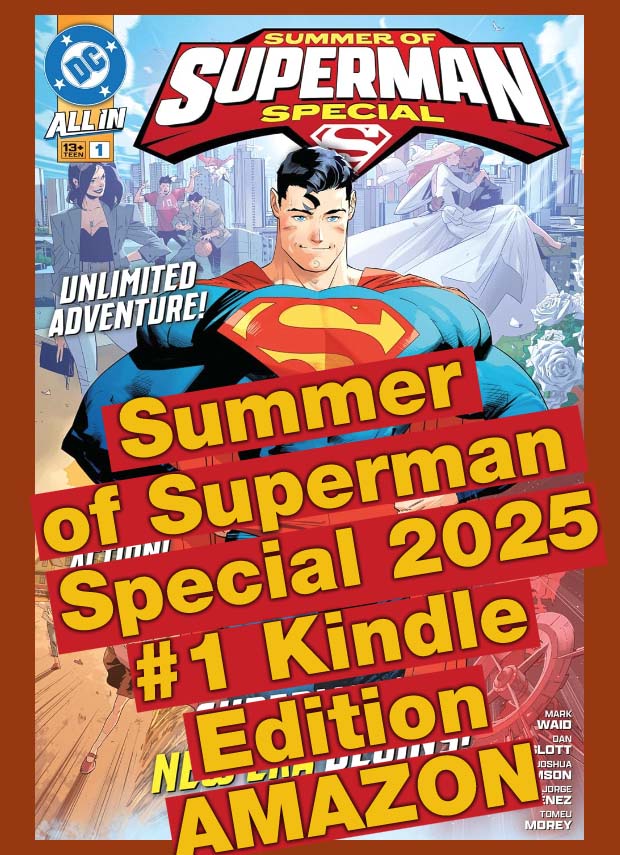
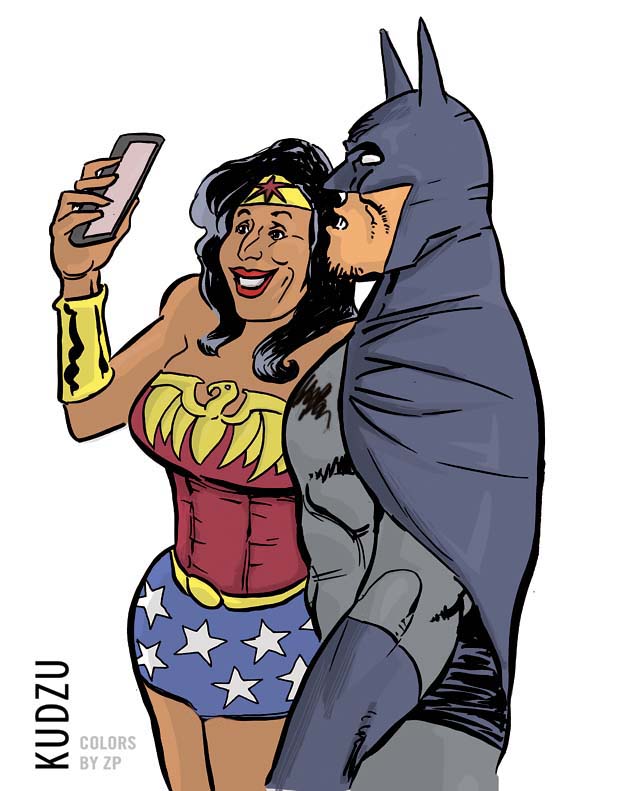
Batman: Year One (Batman (1940-2011) - Amazon
More Batman on this website
Batman upgrades and downgrades
The Batman movie 2022 - Robert Pattinson
Adam West - Batman for All Time
All the Batmen - actors who played the Dark Knight
Batman and Robin 1997 - The greatest superhero film of all time
Batman Family - the past and future of Batman
Batman Returns 1992 - Tim Burton II
Batman V Superman Dawn of Failure
Batman the Billion Dollar Hero
Detective Comics #27 - First Batman appearance
Joker Graphic Novel by Azzarello
Is the Bat-suit funny looking, and Mask of the Phantasm
